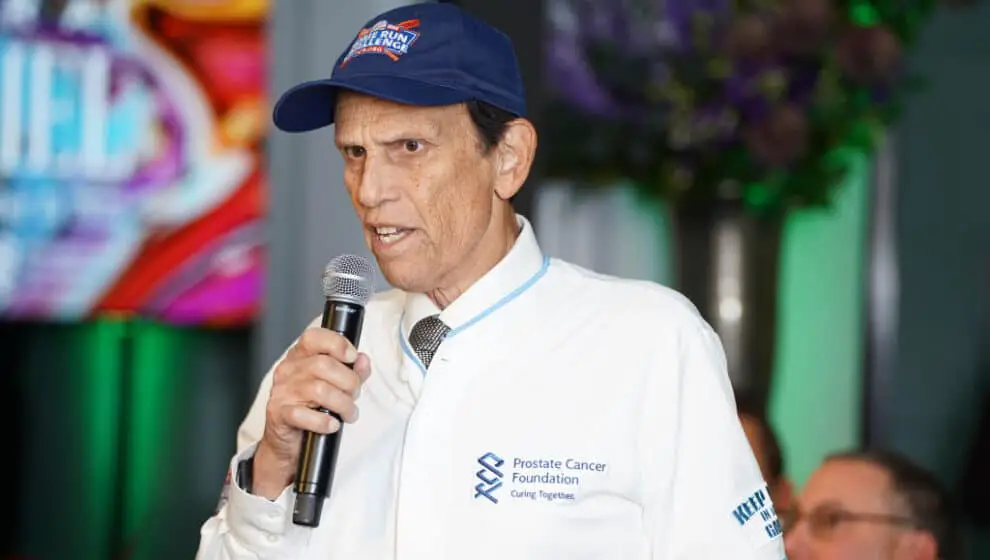The next revolution in healthcare is here—and it is coming from technology’s ability to rapidly speed up progress, transmit data, and create new cures to deadly diseases like never before.
Key Details
- A prominent medical researcher argues in an op-ed for The Wall Street Journal that the next revolution in healthcare is already underway and that the speed of medical research, cures, and processes is being sped up.
- High-speed data sharing, artificial intelligence, and collaborative efforts between specialists across the world are changing the rate of new advancements in treatments and therapies.
- Over the last 20 years, new antibiotics, vaccines, therapies, antibodies, surgery techniques, and gene sequencing/editing techniques have arisen in a short time thanks to collaborate research enabled by the internet.
Why It’s Important
Michael Milken, 1980s financier and current chairman of the Milken Institute, the author of Faster Cures: Accelerating the Future Of Health, which was released on Tuesday.
The history of healthcare has been slow and new developments have historically taken decades or centuries of research to create reliable cures to common medical ailments and deadly diseases. However, the past 20 years have changed this. New antibiotics, vaccines, therapies, antibodies, surgery techniques, and gene sequencing/editing techniques have arisen in a short time thanks to the internet—which has allowed doctors to communicate more effectively and quickly than ever before.
These advancements have contributed to a radical decline in serious illnesses and a growth in the average lifespan—reaching 72.98 years in 2022. It also contributed to the rapid COVID response, with world governments sequencing and developing mRNA vaccines within two years of the virus’s outbreak.
Michael Milken was a highly successful financier in the 1980s and an early advocate of what became known as “junk bonds”—high-risk, high-yield investments that helped fund entrepreneurs. He was charged and convicted of numerous financial crimes—including insider trading and stock manipulation—and served 22 months in prison, in what became a very high-profile case about wealth on Wall Street.
Notable Quote
“No longer is a lone scientist working at a laboratory bench likely to produce medical breakthroughs. Science is now a team activity. In cancer studies, the primary investigator behind any one advance might rely on the specialized skills of a radiation oncologist, a disease-specific biologist, an evolutionary ecologist, a biophysicist, a geo-biologist, and an evolutionary dynamics expert,” says Milken.
Key Takeaways
The growth of advancement is only set to continue increasing. As we previously reported, cancer researchers were able to use artificial intelligence to discover new liver cancer treatments in a matter of weeks. Similar processes could speed up the time it takes to research and develop lifesaving cures.
“What used to take years can be completed in days. By harnessing artificial intelligence, machine learning, and massive computational power, scientists can now design drugs from scratch inside a laboratory computer,” says Milken.
